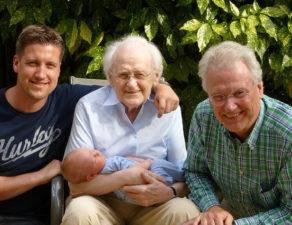I recently received a frantic telephone call from someone whose sister suffered a stroke and was admitted to a hospital. Upon admission, the facility asked if there was a health care proxy appointing an agent to make medical decisions on the patient’s behalf. The sibling answered in the negative. As a result, the hospital refused to share the sister’s medical information with the sibling or accept instructions regarding the sister’s treatment and care.
The above situation can undoubtedly be avoided with a properly prepared health care proxy. However, in cases where there are no documents, New York State law provides a boilerplate health care proxy. In 2010, the Family Health Care Decisions Act (FHCDA) created a mechanism for surrogate health care decision making for people who never prepared a health care proxy.
Once it is determined that a patient lacks capacity to make his/her own medical decisions, the following individuals are authorized under the New York Public Health Law to act as health care agent:
- An Article 81 guardian.
- A spouse or domestic partner.
- A child over the age of 18.
- A parent.
- A sibling over the age of 18.
- A close friend who may also be a relative.
Anytime a person acts as a surrogate for purposes of making health care decisions, such decisions must be made in accordance with the patient’s wishes or if unknown, the patient’s best interests. While there is no substitute to meeting with an elder attorney to put your affairs in order, arming yourself with little tidbits like the above can minimize your anxiety in an already anxious scenario. In relying on the FHCDA, the person that called my office was able to participant in the care and treatment of her sister.
Please contact us at 914-206-1418 or by e-mail at smd@mfd-law.com. You may also visit our website at www.plantodayfortomorrow.com.








